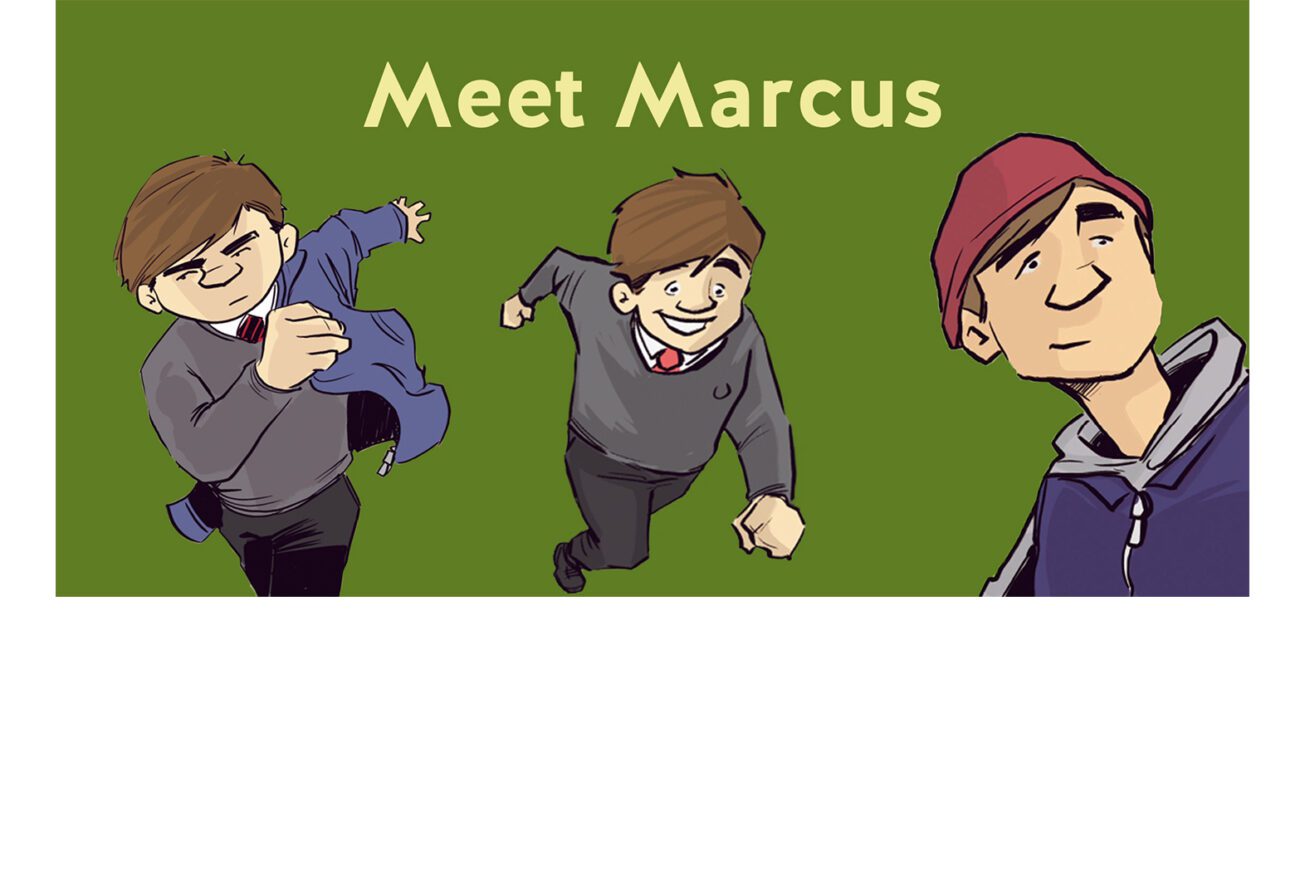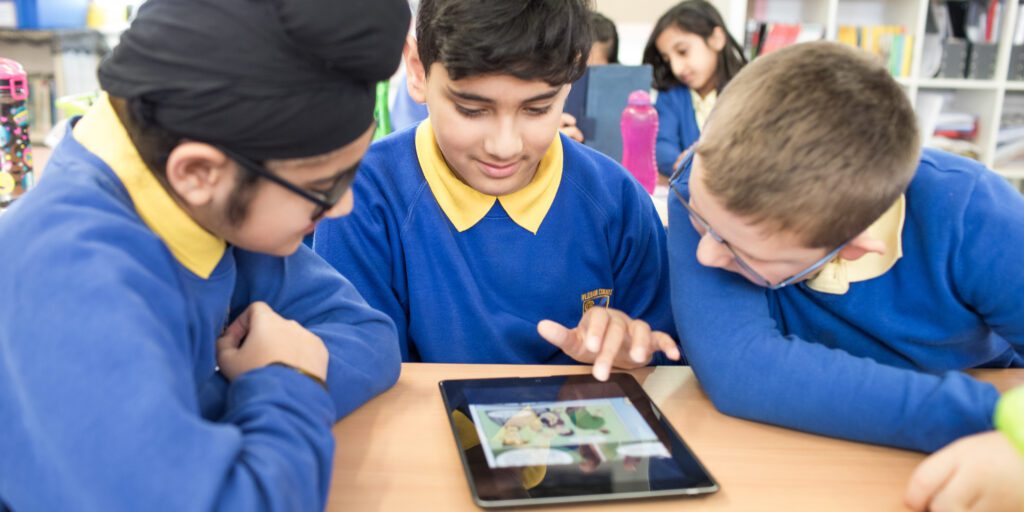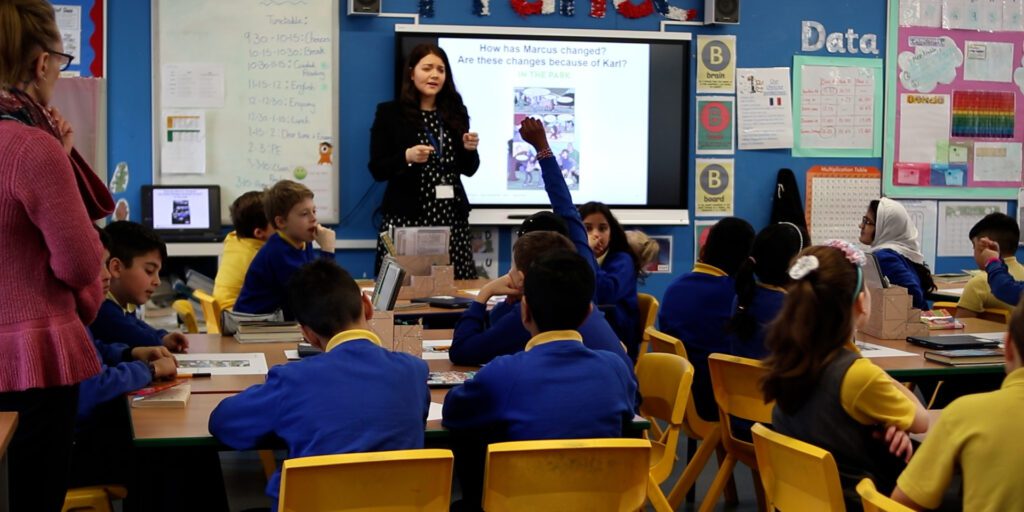Using characters as proxies to explore the challenges of growing up

A key reason that those young people who experience Choices talk so fondly about it is that they love the story and enjoy getting to know the characters. These have been carefully crafted to resonate with young people’s lives because our research tells us that the use of ‘proxies’ in this way enables them to explore challenges they might face in a safe environment. Choices also enables them to do so objectively and thoughtfully, learning from the characters’ experiences together with the perspectives of their peers in the room. As for the digital nature of the stories, I’m sure you need no convincing that children love technology. They see it as an integral part of their lives. However, our approach uses technology to strengthen engagement and enhance learning, ‘earning the right’ to have young people listen and acting as an enabler for more collaborative learning (e.g. conversation and debate) that ultimately lead to essential skills that will stand them in good stead for the rest of their lives.

During Session Three, pupils get to know Marcus, the central character in the Year Five Choices module. We are often asked why stories are such an integral part of our behaviour change approach. Well, our brains have been responding to stories since early man painted in caves, and there are several psychological reasons why they are so powerful. Stories are how we think. They are how we make meaning in life. They are scripts, cognitive maps, mental models, or metaphors. They explain how things work, how we make and justify decisions, persuade others, understand our place in the world, create our identities, and define and teach social values. Stories are how we’re wired. They take place in the imagination. The human brain processes imagined experiences in the same way as real ones, creating genuine emotions, presence (the sense of being somewhere) and behavioural responses. They connect us and bridge our differences. While the scenarios presented in a story might not directly reflect every aspect of a person’s life, they create authentic meaning and purpose that others can believe, participate in, and share. This is the basis for cultural and social change, so stories are a genuinely effective mechanism to deliver vital messages with impact. That’s why so many teachers tell us that Marcus becomes another valuable member of their cohort, offering young people and teachers a vehicle to have deeper, more meaningful conversations long after the Choices sessions are complete.

To find out more, please get in touch with us at: chat@engagelime.com or here